Changes in abiotic characteristics of water in the Paranapanema River and three lateral lagoons at mouth zone of the Jurumirim Reservoir during the flood period, São Paulo, Brazil
DOI: https://doi.org/10.3856/vol40-issue1-fulltext-8
Abstract
Floods increase the similarity of the abiotic water characteristics of the rivers with those of the surrounding floodplains and are the main factors that influence the ecosystem dynamics. The aim of this paper was to examine the alterations in abiotic characteristics of the Paranapanema River and three lateral lagoons with different degrees of connectivity to the river during the flood period. Samplings were performed twice a week during a three-month period. Water quality in the Camargo and Coqueiral lagoons, connected to the Paranapanema River, presented patterns of variation similar to those of the lotic ecosystem, evidenced by the principal component analysis. In Cavalos Lagoon, changes in water quality were observed in all the environments, such as a function of dilution after the water level increased and greater nutrients resulting from littoral plant decomposition after submersion. In conclusion, the marginal lagoons and river were influenced by two anthropogenic actions: water storage in a dam reservoir, which acted like a buffer against hydrological pulses, and the widening of the channel uniting Camargo Lagoon with the river, changing the connectivity level and causing an ever-greater similarity of the lagoon with the lotic system.


